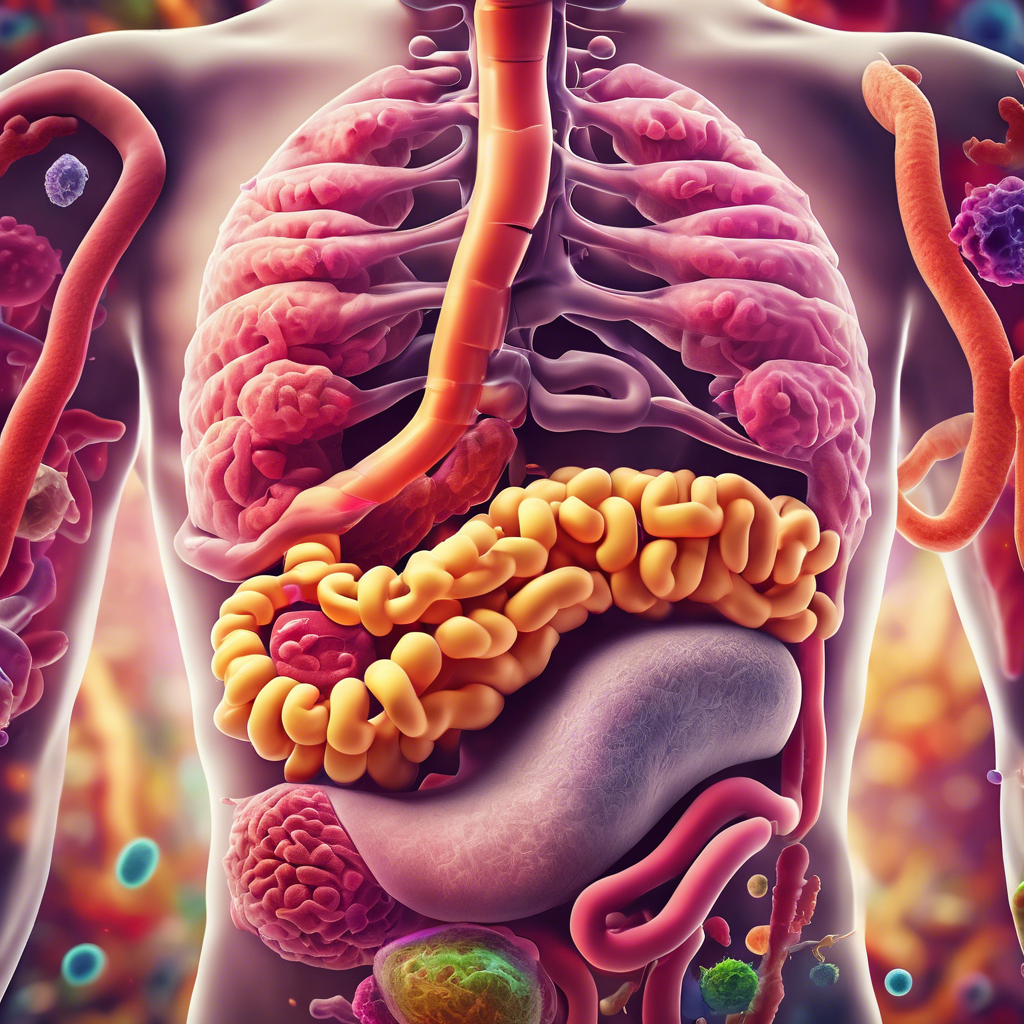
Cancer and Gut Health: Unraveling the Link and Taking Charge of Your Wellness
Cancer remains one of the most formidable health challenges of our time, standing as a leading cause of death worldwide. However, what many might find surprising—and hopeful—is that up to 80% of cancers are preventable through measures such as early detection and lifestyle adjustments. Increasingly, scientific inquiry shines a light on the gut—the complex ecosystem residing in our digestive system—as a crucial player in cancer prevention and overall health. Unveiling the intricate relationship between cancer and gut health not only deepens our understanding but also equips us to take proactive steps toward safeguarding our wellbeing.
At the heart of this connection lies the human gut microbiome, a vibrant community of trillions of microbes, including bacteria, viruses, and fungi. This bustling microscopic metropolis carries out vital functions: breaking down food, synthesizing essential vitamins, tuning our immune responses, and fortifying the gut lining that acts as a barrier against harmful invaders. Yet, when this delicate balance is disrupted—a state known as dysbiosis—problems arise. Dysbiosis can ignite chronic inflammation, impair immune defenses, and even interfere with the body's ability to keep tumor cells in check. Notably, poor gut health has been linked to the development of several cancers, particularly colorectal cancer. This happens because certain imbalanced gut bacteria may generate harmful chemical byproducts, promote DNA damage, and weaken the body's natural anti-cancer safeguards. On the flip side, a well-nourished and diverse gut microbiome can rally anti-cancer immune responses and dampen inflammation, thereby decreasing the likelihood of tumor formation.
Vital lifestyle factors profoundly sculpt the makeup of our gut microbiome and, by extension, influence cancer risk. Diet stands out as a principal factor: the common Western diet, rich in processed foods, sugars, and unhealthy fats, can throw the gut’s microbial community out of harmony. In contrast, fiber-packed fruits, vegetables, whole grains, and fermented foods such as yogurt, kimchi, and sauerkraut feed the beneficial bacteria that keep the gut ecosystem vibrant. In addition to diet, regular physical activity contributes by modulating inflammation and enhancing immune function. Stress, a known disruptor of gut balance, also deserves attention—its management can go a long way in preserving gut and overall health. Sadly, harmful habits like smoking, excessive alcohol intake, and exposure to environmental toxins damage intestinal integrity and ramp up cancer susceptibility. Interestingly, research has noted that astronauts, subjected to unique environmental stressors, experience changes in their gut microbiomes during space missions, underscoring how sensitive and crucial this microbial community is for wellbeing—even in extreme conditions.
Harnessing cutting-edge science and technology, a new frontier in personalized cancer prevention is emerging. Enter OncoPreventer, an innovative platform that blends genetic analysis with artificial intelligence and expertise in preventive oncology to craft tailor-made cancer risk profiles and action plans. What makes this approach truly transformative is its individualized nature—recognizing that no two bodies and lifestyles are alike. OncoPreventer dives deep to reveal which cancers you are genetically more vulnerable to and designs a bespoke prevention blueprint encompassing nutrition guidance, supplements, screening schedules, and lifestyle tweaks curated to optimize your gut health and minimize cancer risk. Imagine having the power to conduct advanced health screenings conveniently at home, with ongoing updates that reflect your changing biology and habits—this is precisely what OncoPreventer offers, merging convenience and precision for continuous protection.
Delving into the scientific core, OncoPreventer harnesses comprehensive genetic testing to uncover inherited susceptibilities, integrating these insights with artificial intelligence algorithms that consider your environment and daily habits. This multi-dimensional approach enables precise risk stratification and timely, personalized interventions. By following the generated prevention plan, individuals may be guided to enhance microbial diversity through dietary modifications and targeted supplements, participate in early detection screenings specifically recommended for their risk profile, and adopt behavioral changes that collectively reduce the chance of cancer developing. The breakthrough lies in its adaptability—dynamic algorithms update recommendations as your life evolves, ensuring that prevention isn’t static but a flexible journey aligned with your unique circumstances.
Taking charge of your health, especially in the shadow of cancer, can be empowering. With platforms like OncoPreventer, the era of reactive medicine is giving way to proactive, personalized healthcare. No longer do individuals have to rely solely on intermittent clinic visits and generic advice. Instead, a simple genetic test can unlock a treasure trove of insights and deliver clear, actionable guidance in an easy-to-understand format—all from the comfort of your own home. Thousands have already embraced this forward-thinking approach, embarking on a cancer prevention journey that prioritizes gut health, lifestyle wisdom, and science-driven decisions to live longer, healthier lives. Cancer may cast a daunting shadow, but armed with knowledge, technology, and the right habits, it need not define your future.
Empower yourself today by prioritizing gut health and employing personalized cancer prevention tools like OncoPreventer. Taking control now means turning potential risk into manageable factors, creating a healthier path ahead. Remember, cancer doesn’t have to control your story—your proactive choices and embracing innovations in health science can shape a safer, brighter tomorrow.
#GutHealthMatters #CancerPrevention #MicrobiomeMagic #PersonalizedHealth #OncoPreventer #HealthyLifestyle #ScienceAndWellness
Leave a Reply